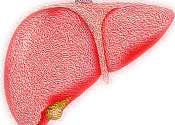Computational tool integrates transcriptomic data to enhance breast cancer diagnosis and treatment
Addressing problems with diagnosing and treating breast cancer, scientists at EPFL have developed EMBER, a tool that integrates breast cancer transcriptomic data from multiple databases. EMBER can improve precision oncology ...
Jul 19, 2024
0
11









